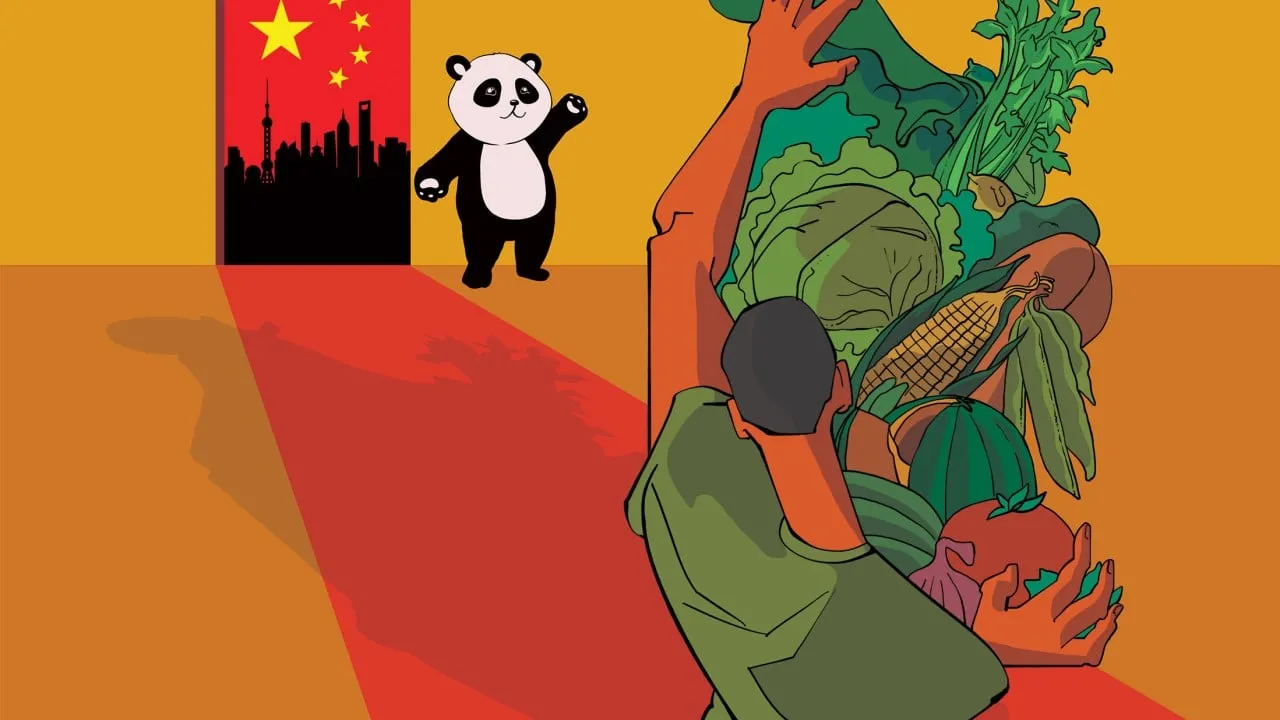Japan's Shine Muscat Seedless Grapes and Agricultural Diplomacy in China Amid Global Trade Tensions

Japan's Shine Muscat Seedless Grapes have become emblematic of China's agricultural diplomacy, a strategy that aims to secure food supplies and strengthen ties with trading partners amidst the backdrop of the U.S. presidential election. The China International Import Expo (CIIE), set to occur from November 5-10, disproportionately highlights agricultural imports, showcasing products from countries like Japan, Malaysia, and various African nations.
Trade Dynamics During the US Presidential Election
The timing of the CIIE raises questions about future China-centric policies influenced by the U.S. presidential election, as analysts speculate on the impact of these changes on China’s trade landscape. With rising agricultural imports, China is striving to balance food security with diplomatic relations, exploring avenues to increase its trade surplus.
China's Growing Appetite for Imports
China's recent import of African frozen mutton and fresh produce from Malaysia demonstrate its commitment to diversifying food sources. With imports skyrocketing, Japan's grapes represent not just a delicacy but also signify a broader trend in balancing politics and trade.
- First batch of African frozen mutton shipped to China in September.
- Japan's grapes symbolize a growing demand for premium agricultural products.
- The CIIE serves to connect China with diverse global markets.
As China's agricultural landscape evolves, the need for diversified food sources aligns with President Xi Jinping’s vision for a comprehensive food supply system. Meanwhile, the significance of agricultural diplomacy becomes increasingly evident, shaping the nation’s trade policies and partnerships.
This article was prepared using information from open sources in accordance with the principles of Ethical Policy. The editorial team is not responsible for absolute accuracy, as it relies on data from the sources referenced.